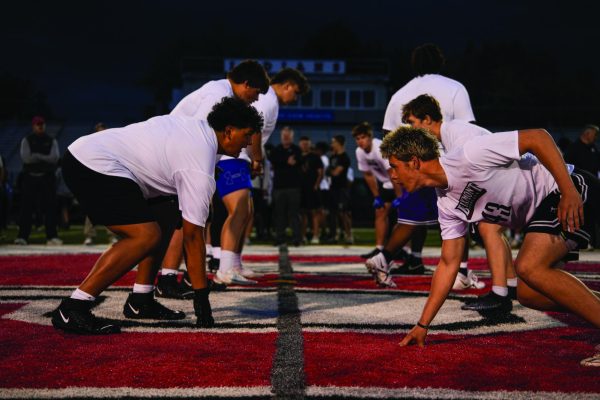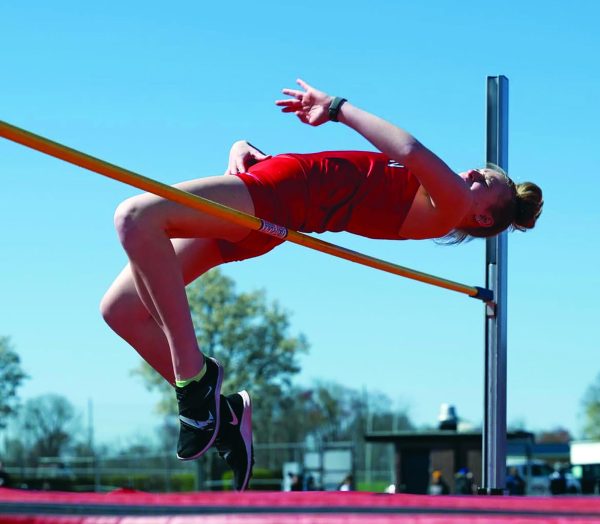Athletes navigate mental health with outside influences
The car ride home is sometimes an outlet for parents to express criticism over their child’s performance.
As student athletes continue to specialize early on in their athletic careers, many athletes experience stress and anxiety often caused by outside influences such as parents and coaches.
Student athletes navigate juggling sports and academics and often find that the input of coaches and parents can negatively impact their mental health.
Many athletes find the differing instruction of parents and coaches to cause stress.
“As I got older, I had high school coaches, club coaches and my parents [giving me advice,]” senior Ryan Jackson said. “It was a lot of input so I didn’t really know what to think or how I should be playing because they were all telling me different things.”
Senior Casey Harter believes it is important to have set limits and to be aware of how others’ opinions of your performance affect mental health.
According to Harter, “It’s good to have those hard conversations,” but it is important for the role of the parent to remain supportive.
Athletic director Dennis Stanton agrees. According to Stanton, parents interfering in their child’s athletic development “never works.” “It’s easy for parents to fall into that trap of trying to coach your kid, trying to help your kid, but it never works,” Stanton said. “It doesn’t work when you’re coaching them from the sideline. It confuses them and puts them in a bad place.”
Stanton said the best thing a parent can do to help their child in athletics is to give comfort and reassurance.
“My advice to parents is to bite your tongue, be positive and love your kid,” Stanton said.
When dealing with stress and anxiety in athletics, Harter advises athletes to “listen to your body and listen to your mind.”
According to Stanton, it is important to be aware of both mental and physical aspects of athletics when playing sports.
Stanton said this awareness comes from,“connecting your body and your mind through the contextual lens of visualization and knowing what your body is feeling when you are upset.”
According to Stanton, visualization is a way for athletes to deal with performance-related stress in addition to creating rituals to reassure oneself after making a mistake in a game or practice.
“[Athletes should] paint a picture of some positive success they have had before and then almost orchestrate the game in their mind of what that will look like,” Stanton said. “We can visualize and build in mistake rituals to calm the nerves and mentally prepare for the game.”
Many athletes feel that it is important to be open about their mental health.
“Younger athletes should see that from the beginning that everyone is going to face [struggles] at some point and have some sort of mental health issue with their sport because it’s a lot and it’s demanding of your body and your mind,” Harter said.
Jackson said that talking openly about one’s struggles with mental health creates a supportive environment in which other athletes can share their experiences.
“[Talking about mental health] shows people that other people are struggling, too, so that they can talk about their problems,” Jackson said.





